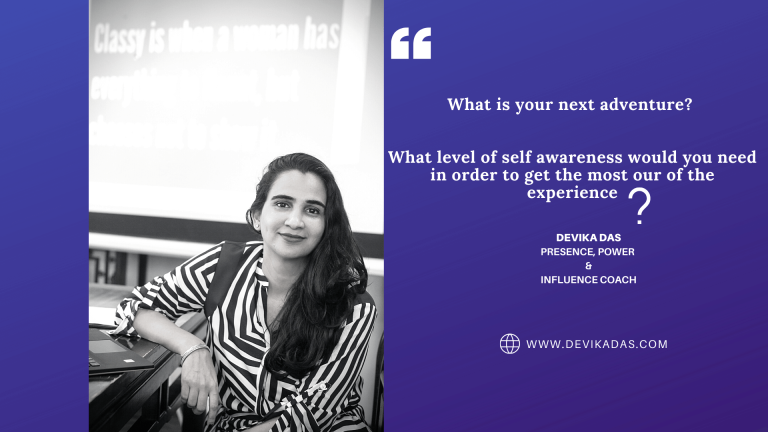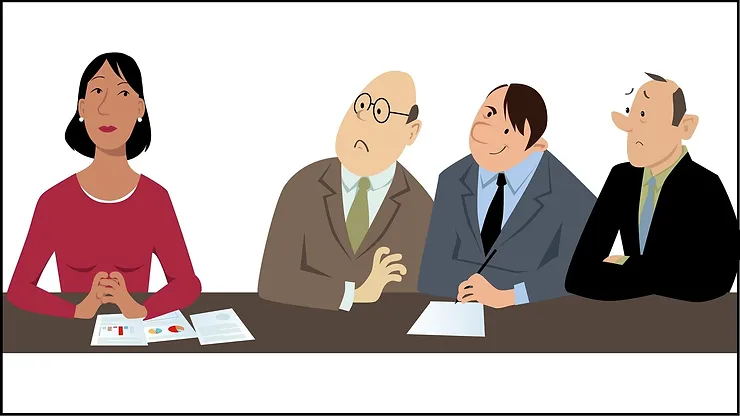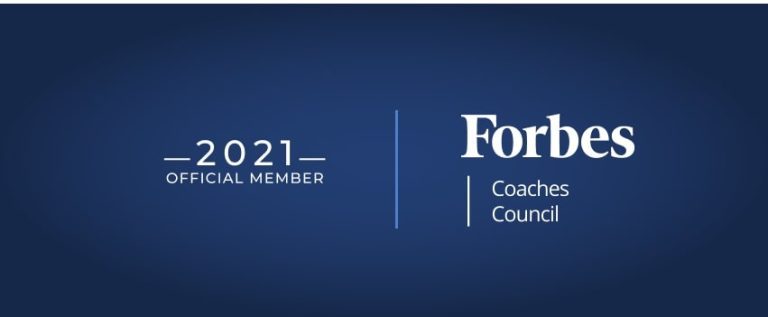
LAZY JUDGEMENTS: 6 biases used by perceivers so their brains don’t have to work hard

Thinking is difficult; that’s why most people judge.”
_Carl Gustav Jung
“Time and again, the research shows that interviews are poor predictors of job performance because we tend to hire people we think are similar to us rather than those who are objectively going to do a good job.”
_Ori Brafman quoted in “Overcoming the ‘Sway’ in Professional Life.” The New York Times. July 15, 2008.
Company Spotlight: Royal Bank of Canada
The Royal Bank of Canada (RBC) started a program in May 2013 to raise awareness of unconscious bias for its 78,000 worldwide employees. RBC has held sessions for approximately 1,000 of its executives to help them become more aware of their unconscious biases. In addition, they have also given employees access to tests developed by Harvard University to help them uncover their biases and to apply their personal findings in workshops.
( Olson, E. (15 January 2015). How corporate America is tackling unconscious bias. Fortune. Retrieved from http://fortune.com/2015/01/15/how-corporate-america-is-tacklingunconscious-bias/)
I was inspired to write this blog because though I specialise in developing presence and impacting reputation and perceptions with a clinical perspective, the perceivers do come in to the interaction with their own baggage. To manage the audience one needs to be aware of inner theater of these perceivers, and one of the many aspects of this inner theater are the biases.
Biases that play out in the workplace and can have lasting negative impact on the economy and people. Here are some of them:
1. Can stymie building a diverse and inclusive work culture
2. Skew talent and performance appraisal
3. Create double standards for women and minorities to gain access into the C-Suite
Concealed in our unconscious are our beliefs that impact our perception of others. Our overactive mind justify our beliefs, judgment and behaviors and our unconscious runs the show more than we know it! There are more than 150 biases; here are six of them that impact almost everyone in their everyday work life.
1. Confirmation Bias:
Confirmation Bias is the tendency only to look at the self’s existing beliefs and theories when forming and opinion about others. People want to look at others and see what they are expecting to see. We all love the sound of “I told you so!” when it is our voice saying, “I KNEW IT!” People seek evidence to match their expectations of other.
2. Primacy Effect:
If you hear a long list of numbers and are to recall the numbers in sequence, it is most likely that you will remember the first ones quickly. In psychology, this is called the primacy effect. It is the tendency for the first items presented in a series to be recalled better, or more efficiently, and hence for them to be more influential than those introduced later in the series.
This means that the first impression one makes remain longer in the stakeholder’s mind than the subsequent ones. When the first impressions hence become more challenging to change.
3. Stereotypes:
Stereotyping has been defined a bias that can cause people in an organization to behave towards individuals or groups a certain way based on preconceived beliefs about that individual or the group.
Factors that contribute to stereotyping in the workplace include
(i) ethnicity,
(ii) race,
(iii) culture,
(iv) religion,
(v) gender and
(vi) age,
4. Halo Effect:
In 1920, Psychologist Edward Thorndyke first coined this term. He noticed that during military evaluations that people’s overall impressions, influence what they think of a person’s competence. Very often the halo effect shows up in the way we judge good-looking individuals. Some of these people are considered competent even without having to prove it. This kind of judgment comes into play in evaluations in classrooms, medical practice, appraisals, job searches, etc.
Example: 58% percent of Fortune 500 CEOs are just short of six feet tall, while only 14.5 percent of the entire male population are that same size.
5. False-Consensus Effect:
We erroneously assume that our habits, values, attitudes, and behaviors are universal. It creates as false consensus, which influences our decisions and behaviors towards others. There are three reasons as for why this happens and these are:
(i)Availability Heuristics: When evaluating our a person or an idea, our mental capabilities relies on immediate examples. Such as our loved ones, who are more similar to us than different.
(ii)Overconfidence effect: We overestimate our values beliefs and behaviors for the benefit of our self-esteem. To feel good about ourselves, we are motivated to think that other people are just like us.
(iii)Naïve realism: Naive realism is a social concept, according to which we believe that those who disagree with us are ill-informed, irrational and playing out their biases.
6. Ingroup Bias:
In 1906, the sociologist William Sumner posited that humans are a species that come together in groups by their very nature.
People still have some tribalistic biases, making them forge tighter in-group bonds, and they are suspicious and fearful of ‘outsiders’ or the ‘out-groups.’
Each group has a grand view of it’s pride and vanity. These bias can are visible in tribes, regions, nations, organizations and teams. Ingroup bias leads to people to overestimate the people from their group compared to those they barely know.
In short, there are three ways to deal with bias at the workplace
(i) Create awareness to acknowledge that everyone has them,
(ii)Name the biases that are likely to happen
(iii) Create structures and systems to deal
In conclusion, human beings are imperfect and irrational WHEN we make judgments. In most cases, it is self-preservation or ignorance that makes us judge others and not because we deliberately want to inflict harm (at least the case with most people).
Awareness is the key to avoiding lazy judgments.
What’s the next step in your career?
Let's Work TogetherI’ll help you find the answer and make it happen.
Book a call

